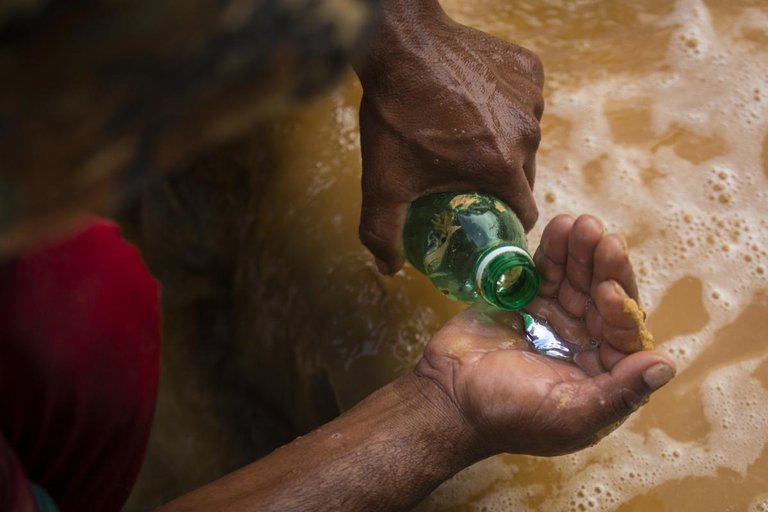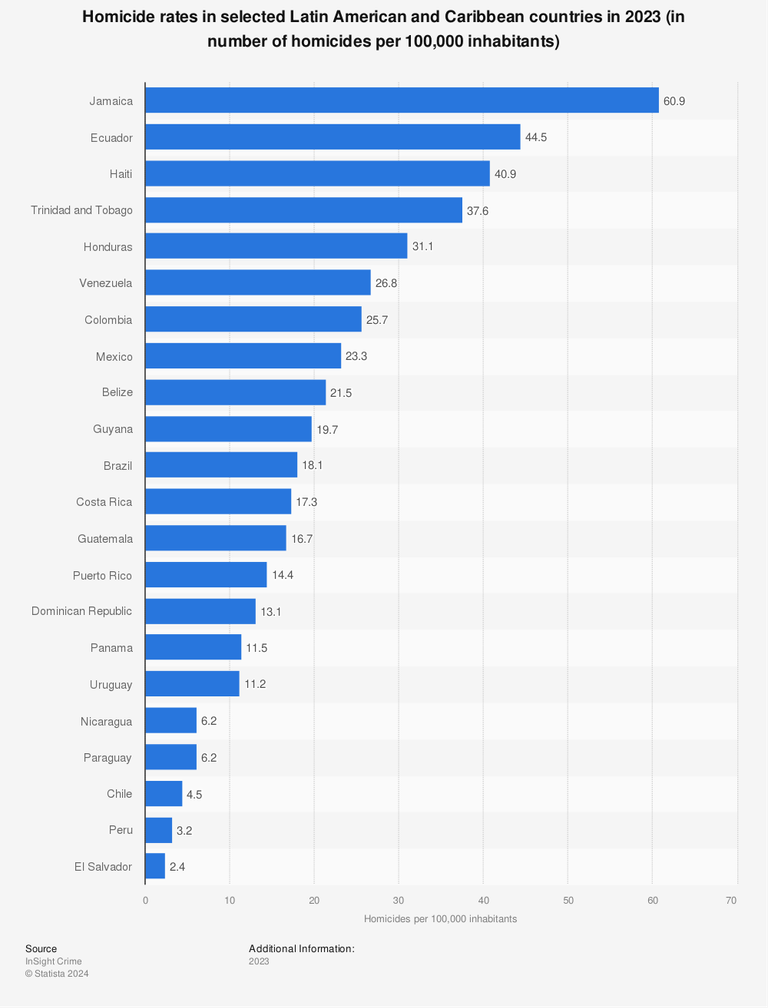The Latin American Report # 215

Lawfare in Guatemala: A New Round
The government of Bernardo Arévalo has filed a complaint against the previous administration, which allegedly committed the crimes of abuse of authority, misappropriation of funds and breach of duties in the procurement of vaccines for Covid-19. It is alleged that Alejandro Giammattei negotiated "under total secrecy" the purchase of 16 million Russian Sputnik vaccines, of which he paid for and obtained half, but one-third of these expired before their use. Among the irregularities exposed is that the contract was drawn up in English, contrary to Guatemalan legislation, and also that it was negotiated through an intermediary instead of the producer of the inoculants, for which the Government paid more than 80 million dollars.
The Arévalo administration also alleges that royalty payments were authorized to the intermediary, which secured $100,000 as indemnification in case it was sued. "[The] corrupt [...] saw the opportunity to benefit with impunity at the cost of the health of the population, at the cost of human lives," said Arévalo, who promised to fight this cancer that is eating away at his nation, with the support of the United States, which gave him a strong backing in his bumpy road to the National Palace of Culture. All this has tinges of lawfare, although the indications are rational but not so convincing. The government summoned the Public Prosecutor's Office—which openly tried to stop Arévalo's inauguration—to investigate the accusations.
Criticism of El Salvador's Emergency Regime Persists
According to official records, violence continues to operate at fairly low levels in Nayib Bukele's reign, both in terms of internal history and the regional environment. The government recognized only 24 homicides in the first quarter, with a relatively low impunity rate in the region of 8%. If this trend continues, the country will reduce by 35% the number of homicides reported last year, which closed with a rate of 2.4 per 100,000 inhabitants. Statista even pegged the Central American nation as "the safest in Latin America". "The greatest fruit of [the] state of exception is the economic growth of our country," said the president of the Central Reserve Bank. But that measure indeed remains controversial, although it has allowed Bukele to achieve big results. The head of the security portfolio says that since its establishment—two years ago—about 79,200 individuals have been imprisoned. Prison overcrowding is estimated at 335%.
While the vast majority of the citizenry supports the re-elected president's heavy-handed strategy, mainly from the outside criticism of its consequences in terms of human rights is fierce. "The persistence of Nayib Bukele's government in maintaining the emergency regime, the adoption of disproportionate measures, and the denial, minimization, and concealment of the serious human rights violations reported, reveals its unwillingness to fulfill its duty to respect and promote human rights in the country," says Amnesty International, which focuses on alleged violations of due process and the "precariousness" of the situation of persons deprived of liberty, dynamic which include the death of more than 240 detainees in state custody. "We view with great concern the criminalization of young people in particularly impoverished and stigmatized sectors, which makes them a favorite target for arrests," reads a report published Thursday.
Brazilian Yanomami Indians exposed to mercury
The Yanomami are the largest native tribe in the Brazilian Amazon. A study found a high mercury exposure among those living in the villages along the Mucajai River, as a consequence of the illegal gold mining practice reported in that region. The investigation included 300 Yanomami whose hair samples were found to be contaminated at more than 2 micrograms per gram, which poses a serious health risk—particularly to the nervous system—according to well-respected standards such as those of the U.S. Environmental Protection Agency. Among the natives who exceeded the 2 micrograms per gram threshold, 1 in 10 tripled that level of contamination, potentially triggering even more serious illnesses. Consumption of mercury-contaminated fish is presumed to be "the most common route of exposure" for them. "Since the 1970s, when the first major gold rush occurred in the region, mercury has been released for decades, and ends up being transported long distances, entering the food chain," said a biochemistry expert. Lula has a double debt with the Yanomami, who live in relative isolation: to eliminate illegal mining and to carry out health actions to counteract progressive damage.
 Source
SourceIn Honduras
CHRISTOPHER A. LOPERENA: In Honduras - Amid Deepening Climate, Criminal, and Economic Crises, Indigenous Activists Are Being Murdered - Defending Your Land Can Be Deadlyhttps://t.co/1jIhwqMO7E
— Kwasi Akyeampong @TheBlackList (@theblacklist) April 4, 2024


